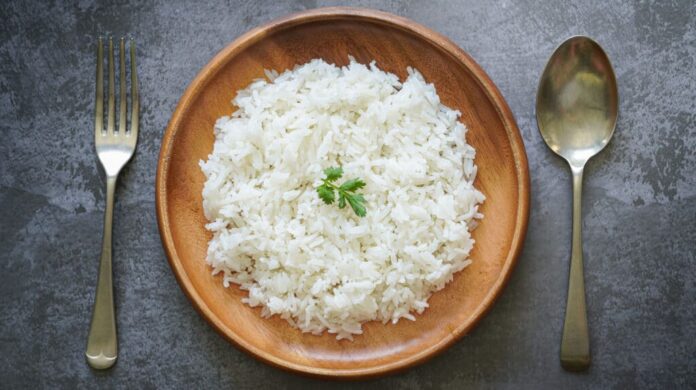If you stop eating rice for a month, your body may go through several changes, depending on how much rice you usually eat, your overall diet, and your activity level. Here’s a breakdown of what could happen:
1. Weight Loss
- Reason: Rice, especially white rice, is high in carbohydrates and has a high glycemic index, which can lead to quick energy spikes and crashes. Cutting rice may reduce overall calorie intake and stabilize blood sugar, leading to fat loss.
- Impact: You might notice a drop in weight, especially if you substitute rice with lower-calorie, nutrient-dense alternatives like vegetables or protein.
2. Improved Blood Sugar Levels
- Reason: Rice, especially white rice, causes rapid spikes in blood sugar due to its high glycemic index. Eliminating it could help people with insulin resistance or diabetes maintain stable blood sugar.
- Impact: Better energy levels, fewer sugar cravings, and improved focus throughout the day.
3. Reduced Bloating
- Reason: For some, rice can cause bloating due to high carbohydrate content or sensitivity to starch. Replacing it with lighter options may reduce bloating.
- Impact: A flatter stomach and improved digestion.
4. Increased Hunger or Cravings
- Reason: Rice is filling and provides quick energy. Without it, you may initially feel hungrier or crave starchy foods until your body adapts.
- Impact: You may need to adjust by eating more fiber, protein, or healthy fats to feel full and satisfied.
5. Improved Nutritional Intake
- Reason: Replacing rice with whole grains like quinoa, millets, or sweet potatoes can boost fiber, vitamins, and minerals in your diet.
- Impact: Better digestion, more stable energy levels, and overall improved health.
6. Better Control of Triglyceride Levels
- Reason: High-carb foods like rice can raise triglyceride levels in some people. Eliminating rice might help lower these levels.
- Impact: Improved heart health and lower risk of cardiovascular diseases.
7. Possible Loss of Energy (Temporarily)
- Reason: Rice is a quick source of energy. If you cut it abruptly and don’t replace it with other carb sources, you might feel tired or lethargic initially.
- Impact: This is temporary and can be managed by adding complex carbs like oats, lentils, or beans.
8. Potential Nutritional Deficiencies
- Reason: Rice contains small amounts of vitamins like thiamine (B1) and niacin (B3). If you don’t replace rice with similar nutrient-rich foods, deficiencies could develop over time.
- Impact: Include whole grains or fortified foods to avoid any lack of nutrients.
9. Mental and Emotional Adjustment
- Reason: If rice is a staple in your diet, removing it might feel like a significant lifestyle change, affecting meal planning and emotional attachment to traditional dishes.
- Impact: You’ll need creativity to maintain enjoyment in your meals without rice.
Tips to Manage the Transition:
- Replace rice with whole grains (quinoa, barley, millet) or complex carbs (sweet potatoes, legumes).
- Increase protein and healthy fats to stay full.
- Focus on fiber-rich vegetables for energy and digestion.
- Drink plenty of water to stay hydrated.



